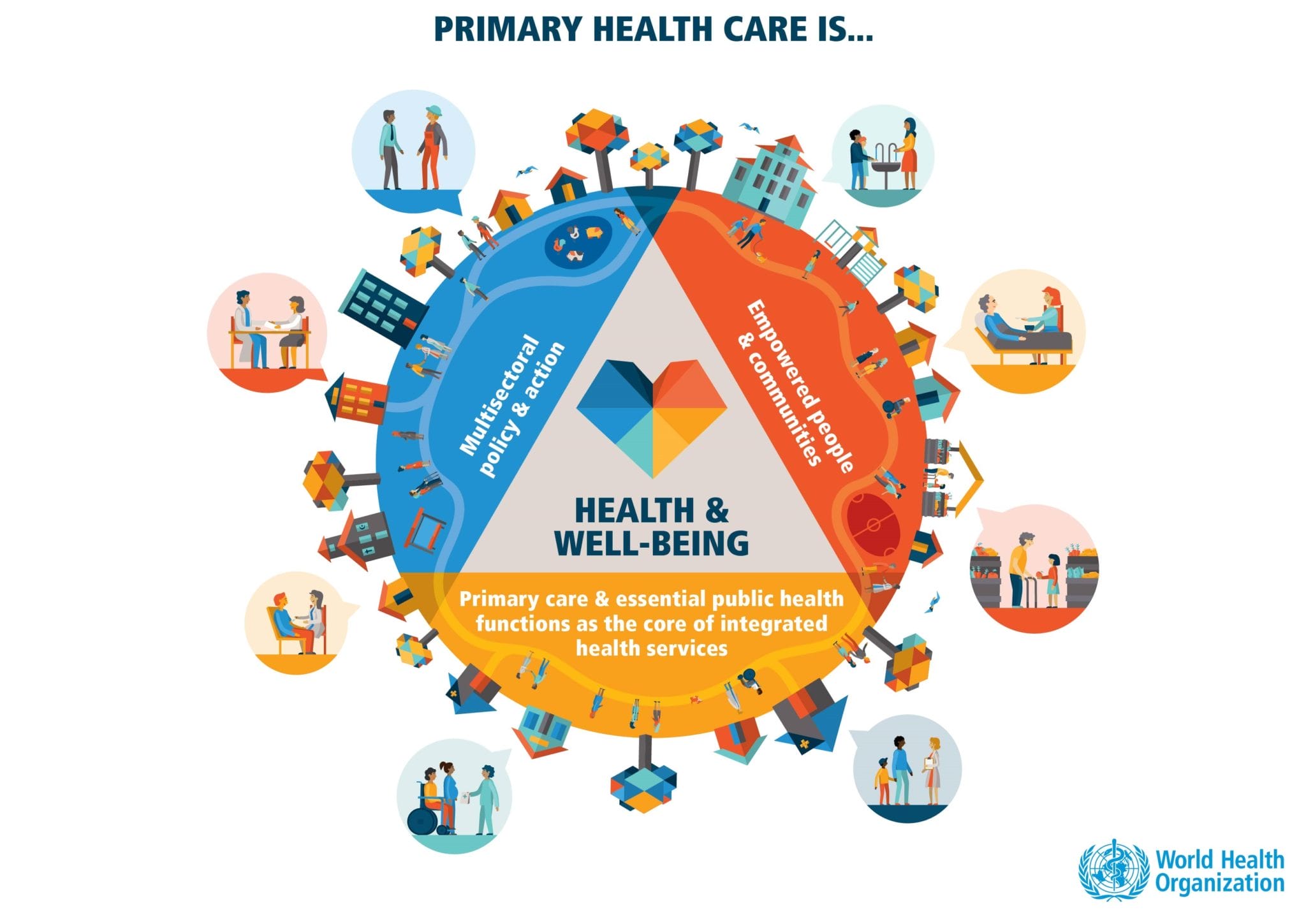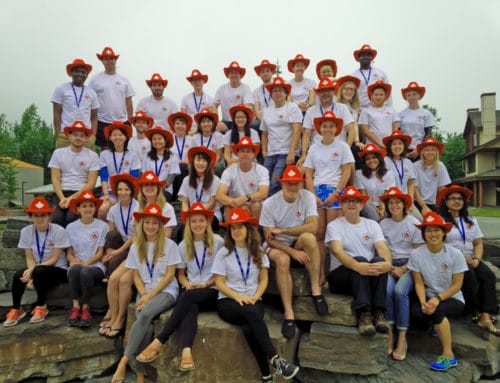Today’s post comes from Laura Vergeer. Laura is a PhD student in the Department of Nutritional Sciences at the University of Toronto. She is also the current Special Events Coordinator for the OC-SNP National Executive.
Did you know that at least half of the global population does not have full coverage of essential health services? Or that about 100 million people are facing extreme poverty (i.e., living on ≤$1.50 USD per day) due to health care costs? In fact, nearly 12% of the world’s population has had to spend 10% or more of their household budgets on health care. These are just a few of the staggering statistics highlighted by the World Health Organization (WHO)1 in the lead up to World Health Day.
World Health Day has been celebrated on April 7 of each year since 1950. This global campaign aims to raise awareness about public health issues that are of concern to the WHO, with a different theme being highlighted every year. As you may already suspect, this year’s theme is universal health coverage (UHC). UHC is about guaranteeing that all people and communities are able to access quality health services, wherever and whenever they are needed, without financial barriers. It encompasses all essential health services, ranging from health promotion to disease prevention, treatment, rehabilitation and palliative care1.
According to the WHO, this year’s campaign aims to improve people’s understanding of what UHC means, and to encourage those of us with high-quality, affordable health care to advocate for equitable access to healthcare worldwide2. It also offers an opportunity for government policymakers to commit to improving domestic UHC, and to work with foreign health ministers and national leaders to help implement UHC in other countries2.
Everyone has a role to play in fostering discussions about policies that may help countries achieve and maintain UHC. Here are some things you can do for World Health Day 2019:
Educate yourself on UHC and share your knowledge with family, friends and colleagues. This year’s World Health Day is also a great opportunity to learn more about the Canadian health care system, and those of other countries. Here are a few resources to get you started:
https://www.who.int/campaigns/world-health-day/world-health-day-2019
Post about World Health Day and UHC on social media. Whether it be an article, infographic, link or personal anecdote, create a post to help spark conversation about UHC. Be sure to use hashtags like #WorldHealthDay, #globalhealth and #UHC to help ensure your posts reach far and wide.
Organize a discussion forum, policy debate, march or interviews within your local community to raise awareness about UHC. It could be as simple as getting a group of students together for an informal roundtable and live-streaming it on social media.
Share stories of yourself or others who have been impacted by inadequate or lack of health coverage. Maybe you have relatives, friends or colleagues who have been affected and would be comfortable raising their voices.
Although progress in achieving UHC is being made in countries throughout the world, millions of people are still without access to health care or must choose between health care and other daily expenses like food, clothing or shelter. On April 7, let’s all do our part to advocate for UHC.
References
- World Health Organization. Universal health coverage (UHC). Available at: https://www.who.int/en/news-room/fact-sheets/detail/universal-health-coverage-(uhc) (accessed March 11, 2019).
- World Health Organization. About the campaign. Available at: https://www.who.int/campaigns/world-health-day/world-health-day-2019/about-the-campaign (accessed March 11, 2019).
Image source:
https://www.who.int/campaigns/world-health-day/world-health-day-2019/communications-materials






